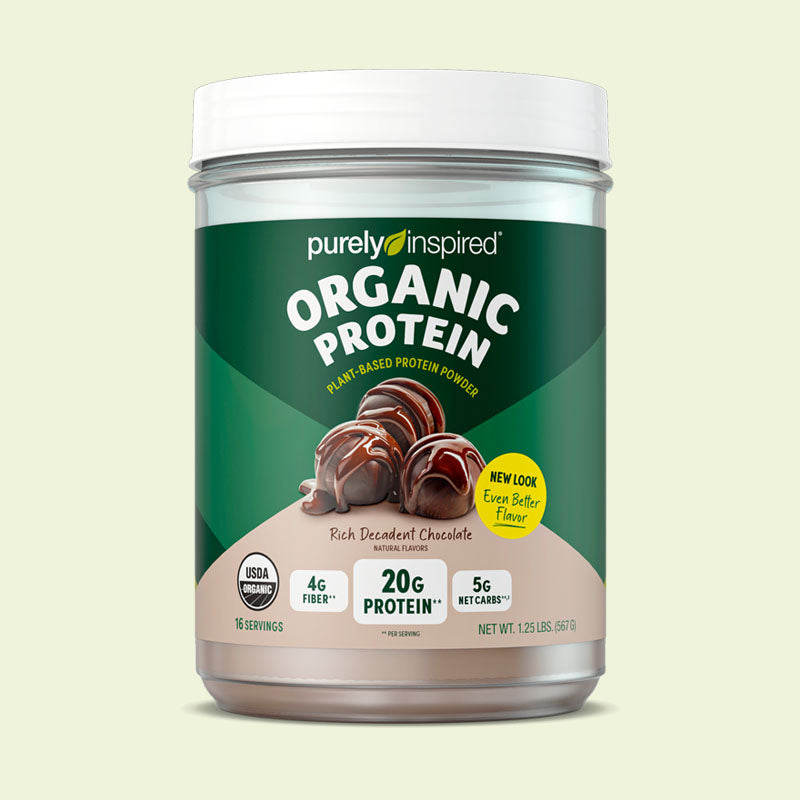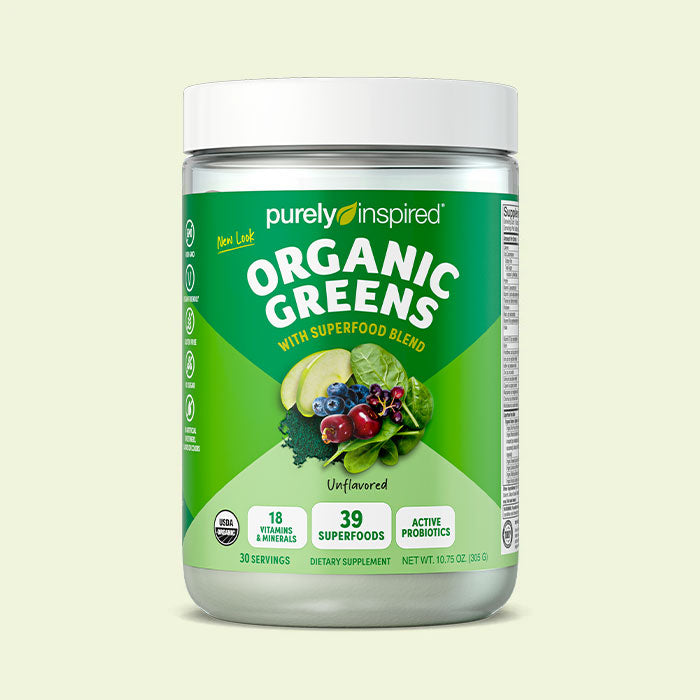Suddenly, your nose is stuffed up, your throat is scratchy and your body aches. The worst part is it’s inescapable – offices and schools are breeding grounds for bacteria. Once one of your colleagues or friends gets sick, it feels like it’s game over.
We’re here to tell you that it’s not game over. There are smart steps that you can take to help you fight cold and flu season and stay on top of your health.

1. Wash Your Hands
This should seem obvious, but you’d be surprised how many people don’t keep their hands clean. You should be sanitizing your hands or washing them multiple times a day, not just when you go to the bathroom.
Think about all the things you touch on a regular basis: your phone, your computer keyboard, elevator buttons, handrails, door handles, office supplies, etc. That’s not even half of what your hands encounter in a day. Odds are, these items are not touched solely by you – there could be millions of people that have come in contact with a particular item you touch, meaning you could be putting yourself at risk of getting sick if you’re not cleaning your hands regularly.
Seriously, just wash your hands. This is the easiest step that you can take as the cold weather comes on.

2. Exercise
That’s right – get moving. Everyone’s motivation to exercise tends to drop with the temperature, but this is the time you need to be on top of your fitness. When you exercise, you increase your circulation and your blood flow.
Plus, exercise is known for having overall physical and mental health benefits. When it starts to get cold out, we miss out on that vitamin D that was so plentiful in the summer. For some people, the changing of seasons can cause a specific type of depression called Seasonal Affective Disorder (SAD). The onset of SAD generally begins in the fall and continues throughout the winter months. This is why it’s more important than ever to stay motivated and take care of your health – being active is a great place to start!

3. Go Outside
Get some fresh air! If you’re cooped up in an office, a classroom or a home with a bunch of sick people all day, you’re more likely to get sick. Letting some fresh air circulate throughout your body is a great way to keep airborne viral particles on the move, meaning it’s harder for your body to catch an illness.
4. Eat Right
When you’re eating right, everything functions at its best – your digestion, energy and mood will most likely be more positive and efficient.
One way to make sure you’re feeling your best is to eat good food that will fuel your body. This means making sure that you’re eating enough fruits and veggies. As the temperature drops, we tend to favor heartier foods, even processed foods. This can lead to a seriously upset stomach!
Try your best to make sure that you’re eating well, or if you know that you’re going to be indulging in some not-so-good meals, drink some hot water with lemon.
5. Hydrate, Hydrate, Hydrate
As the temperature drops, everything starts to dry up – inside and outside your body. You need to make sure that you’re drinking lots of water throughout the day to combat the dryness that is often associated with colder weather.
On top of this, as it gets cold out, we tend to eat saltier foods (I don’t make the rules, it just happens). Drinking water is a good way to keep your stomach from bloating and prevent feeling sluggish.







